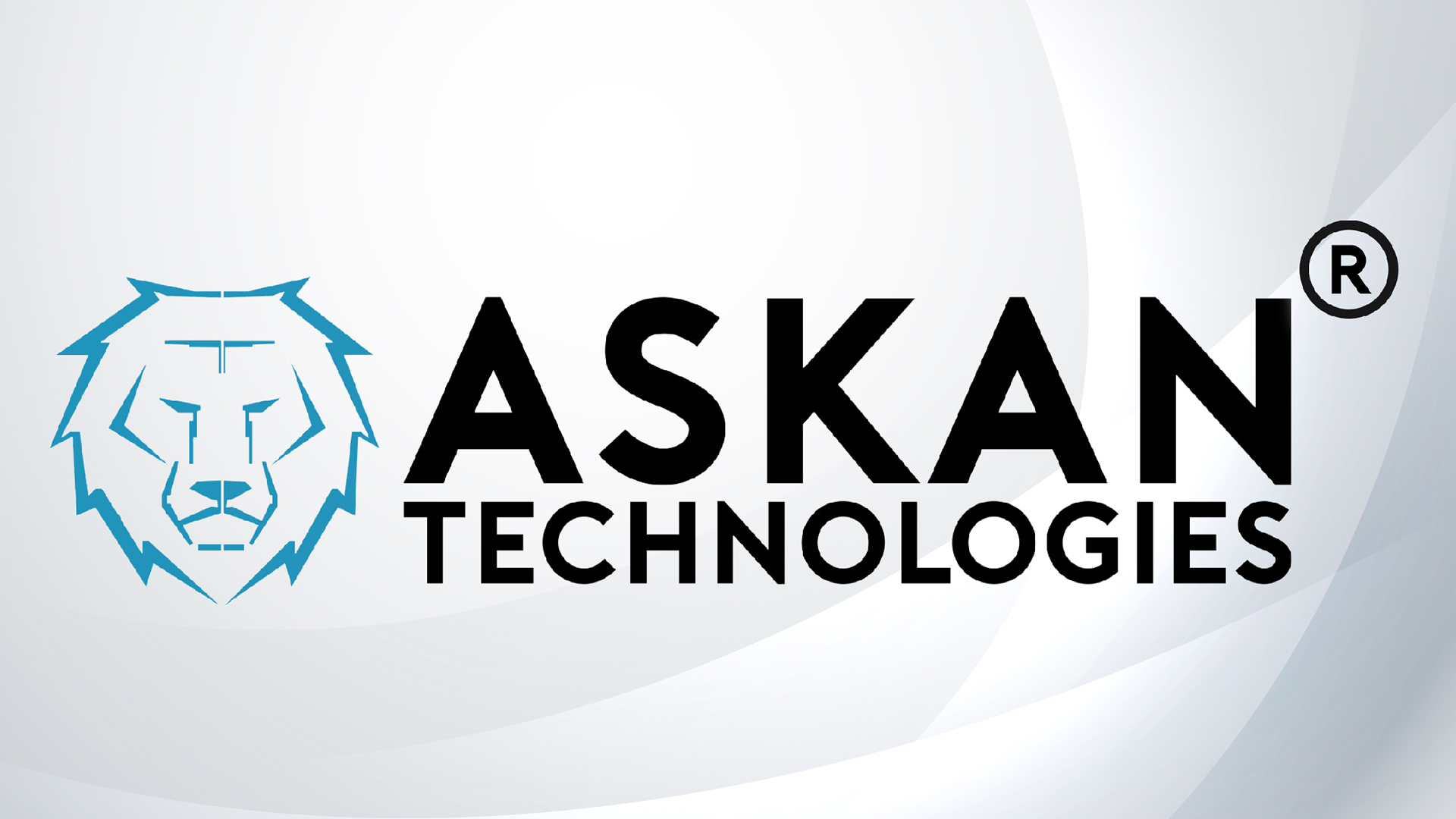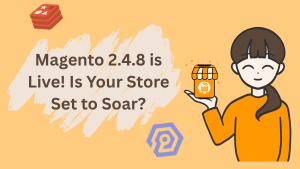In today's digital commerce arena, where over 2 billion people are expected to buy goods or services online, don't you think e-commerce platforms are more than just marketplaces? They're the epicenters of innovation and customer engagement. Among these, Magento has risen as a standout leader.
But why, you might ask? With its unmatched flexibility and a suite of powerful features, Magento isn't just participating in the e-commerce revolution; it's leading it. How exactly is Magento redefining the e-commerce experience, and why is it crucial for your business's online success?
Let's dive into the world of Magento E-commerce development and uncover how it's transforming the way we think about user engagement in the digital marketplace.
1. Understanding Magento's E-commerce Dominance
2. Magento's Impact on E-commerce
3. Magento’s Role in Enhancing User Engagement
4. Optimizing User Experience with Magento
5. Leveraging Magento for Mobile Users
6. Integrating Advanced Features with Magento
7. Overcoming Challenges in Magento App Development
8. The Future of E-commerce with Magento
1. Understanding Magento's E-commerce Dominance
Magento, known for its robustness and scalability, powers approximately 12% of all online stores, a testament to its dominance. Its open-source nature attracts a staggering 250,000 merchants globally, drawn by the platform's extensive customization options.
This versatility makes Magento a go-to choice for businesses, from small startups to large enterprises, aiming to create unique online shopping experiences. In fact, Magento sites collectively generate over $155 billion in sales annually, showcasing its significant impact.
The platform's ability to adapt to diverse business needs, from intricate product catalogs to international sales, sets it apart in the fiercely competitive e-commerce landscape. With such a commanding presence, Magento not only leads but also shapes the future of digital commerce.
2. Magento's Impact on E-commerce
| Feature of Magento | Impact on E-commerce | Statistics/Notes |
|---|---|---|
| Robustness & Scalability | Supports business growth and handles high traffic volumes. | Powers 12% of all online stores. |
| Open-Source Nature | Allows for extensive customization and flexibility. | Used by 250,000 merchants globally. |
| Customization Options | Enables unique and tailored online shopping experiences. | Facilitates diverse business models and needs. |
| Global Sales Capability | Supports international e-commerce with multi-currency and language options | Essential for businesses targeting a global market. |
| Annual Sales Generated | Demonstrates the platform's effectiveness in driving revenue. | Magento sites generate over $155 billion in sales annually. |
| Adaptability | Meets various business needs, from small startups to large enterprises. | Versatile for a range of industries and business sizes. |
3. Magento’s Role in Enhancing User Engagement

- Proven User Engagement: Magento's effectiveness in enhancing user engagement is backed by solid statistics.
- Customization Capabilities: Businesses can create highly personalized shopping experiences thanks to Magento's customizable nature.
- Tailored Product Recommendations: These features can increase sales by up to 31%.
- Loyalty Programs: Known to boost customer retention by 5%, they are key in maintaining user interest.
- Interactive Design Elements: Contribute to a 50% increase in customer interaction, making the shopping experience more engaging.
- Advanced Analytics: Magento can precisely track user preferences, allowing for personalized deals and product offerings.
- Increased Customer Satisfaction: The high level of customization is linked to a 20% increase in customer satisfaction.
- Encouraging Repeat Visits: By using these features, Magento not only attracts users but also promotes repeat business, converting casual visitors into loyal customers.
- Example: Ulamart, a leading organic store, chose Magento for its user-friendly and personalized shopping experience, significantly contributing to its success.
4. Optimizing User Experience with Magento
Magento is a standout when it comes to user experience (UX) design. It provides a wide range of themes and tools that help make websites look great and work smoothly.
Imagine making a website easier to navigate with Magento's help; this makes it simpler for visitors to find what they need, so they stay on the site longer and don't leave quickly.
Plus, Magento ensures that websites look good and work well on mobile phones, which is really important nowadays as more and more people shop using their phones.
A sports equipment seller, for example, experienced a 50% rise in user engagement after integrating interactive product demos on their Magento-based site.
5. Leveraging Magento for Mobile Users

With over half of internet traffic coming from mobile devices, mobile optimization is no longer optional. Magento excels in creating responsive designs that adapt seamlessly to different screen sizes, providing a consistent shopping experience across all devices.
This responsiveness not only improves user experience but also positively impacts search engine rankings. In fact, mobile-friendly websites not only see a 74% increase in return visits but also rank higher in search results, a crucial advantage in today's digital landscape
6. Integrating Advanced Features with Magento
Magento's flexibility allows for the integration of cutting-edge technologies like AI, AR/VR, and IoT. For example, AI can be used for smart product recommendations, while AR can provide virtual try-on experiences.
These advanced features not only enhance user engagement but also provide businesses with a competitive edge in the market.
7. Overcoming Challenges in Magento App Development
While Magento offers numerous benefits, it comes with its challenges, such as the need for specialized development skills.
Overcoming these challenges involves a strategic approach, including choosing the right development partner and staying updated with the latest Magento updates and security practices.
8. The Future of E-commerce with Magento

As e-commerce continues to evolve, Magento is well-positioned to maintain its leadership. With the global e-commerce market projected to reach $6.54 trillion by 2023, Magento's commitment to innovation and adaptability becomes even more crucial.
It is expected to keep pace with emerging market trends, introducing features that cater to the evolving needs of businesses. This approach ensures that businesses leveraging Magento stay ahead in the rapidly growing e-commerce game, capitalizing on a market that's expanding at an unprecedented rate.
Magento app development is more than just a technical solution; it's a strategic tool for enhancing user engagement and driving e-commerce success. Its comprehensive features and adaptability make it an ideal choice for businesses looking to thrive in the digital marketplace.










The Magento Edge: Tailoring E-commerce for Enhanced User Engagement
In today’s digital commerce arena, where over 2 billion people are expected to buy goods...
Share this link via
Or copy link